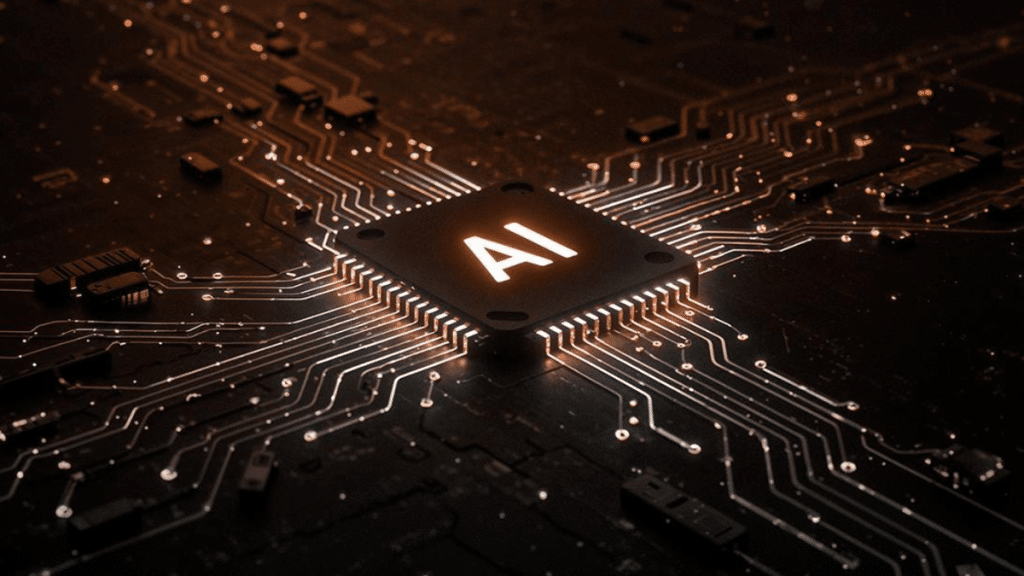Generative AI has taken the world by storm. Possibilities that were once depicted in 90s sci-fi movies are today’s digital reality. The technology could write stories, generate realistic images, compose music, or even mimic human conversations. This is unlocking a future filled with both promises and challenges.
Generative AI market is projected to reach $66.89 billion in 2025 and is expected to grow at a 36.99% CAGR from 2025-2031. A wide range of organizations, particularly smaller and mid-sized businesses, are actively using generative AI tools.
Generative AI is revolutionising the Software Development Lifecycle (SDLC). The technology is becoming an integral molecule of the entire software cycle from planning to maintenance. Independent developers and agencies are driving tangible productivity gains, efficiency, and reshaping the roles of development teams.
Here are 4 Main Ways Generative AI is Leading the Software Development Lifecycle
1. Supercharging Productivity at Every Stage
At its core, generative AI excels at recognising patterns and generating intelligent outputs. This is particularly visible in areas that involve repetition or large volumes of structured data. This capability unlocks several productivity benefits throughout the SDLC:
- Translating Natural Language into Code: Developers can simply describe functionality in plain English, which are technically called prompts. Based on these prompts AI models can produce working code snippets. This lowers the gap between technical and non-technical stakeholders involved in the project.
- Automating Documentation: Generative AI can automatically generate content materials based on source code and project updates. The technology is often helpful with technical documentation, user guides, and change logs. So, developers can focus on core tasks.
- Cross-Language Code Conversion: Whether migrating code from one programming language to another or adapting a solution to a new framework, AI delivers the right solution at an optimum speed.
- Rapid Prototyping: With AI, you can generate functional prototypes and suggest design alternatives. An AI software development team can iterate faster, experiment more, and bring concepts to life at a faster pace and reduced cost.
2. Accelerating the Development Cycle
Generative AI can reduce the time-to-market for software ideas. The technology is helpful with automating several repetitive tasks involved in bespoke software development. For example developers can use it to write boilerplate code and bug tracking.
- Enhanced Coding Efficiency: AI tools can suggest optimisations, detect vulnerabilities, and even offer fixes during development. This leads to a clean, more maintainable code from the outset.
- AI-Powered Testing: AI in web development improves test coverage by producing a wider variety of test cases. They can include scenarios that are often missed in manual testing. For example, you can simulate edge cases, stress-test systems, and enhance test accuracy.
3. Elevating Code Quality and Reliability
As discussed earlier, generative AI contributes significantly towards achieving an optimum code quality. The technology can help the QA team analyse existing codebases and identify vulnerabilities. Gen AI promotes continuous improvement and robustness in software projects.
- Improved Code Reviews: AI-enhanced review tools can flag code that deviates from best practices or has ingrained potential defects. This helps to reduce the QA time and ensures higher adherence to quality standards.
- Bug Prediction and Prevention: Machine learning models trained on historical project data can pinpoint which areas of a codebase are more prone to failure. By flagging potential issues early, developers can apply preventive measures and avoid costly bugs later.
- Smarter Maintenance: During the maintenance phase, AI can analyse system logs, user feedback, and error reports to detect patterns, categorise issues by severity, and suggest remedial actions.
4. Streamlining Project Management and Developer Workflows
AI’s role isn’t limited to coding. AI consulting is reshaping how software projects are managed and delivered. With data-driven insights and intelligent recommendations, project managers can make more informed decisions:
- Efficient Resource Allocation: AI tools can analyse team productivity, historical task durations, and risk factors to suggest optimal team structures and predict potential delays.
- Natural Language Interfaces: Integrating AI with development tools allows team members to issue commands or make requests in natural language. This bridges communication gaps, particularly between developers and business stakeholders.
- Personalised Developer Support: Modern AI systems learn from developers’ habits, offer tailored suggestions, shortcuts, and even custom tool configurations within integrated development environments (IDEs). This level of personalisation boosts individual productivity.
Generative AI: Boon or Bane for Developers
While generative AI is powerful, it cannot be seen as a replacement for skilled developers. Instead, it changes the nature of their work. For example, developers are no more involved writing code line-by-line.
Rather they supervise and refine AI-generated outputs. The role increasingly involves editing, validating, and securing the code rather than starting from scratch. However, this clearly means you need less resources for building the software applications.
This shift creates an opportunity for developers to focus on innovation, architecture, and strategic decision-making. These are areas where human judgment is essential, and developers will continue to play a key role.
Conclusion
Generative AI is rapidly becoming a cornerstone of modern software development. Its ability to automate routine tasks, improve code quality, and provide deep insights across the SDLC makes it a transformative tool for development teams.
By adopting AI responsibly and collaboratively, organisations can reduce costs, accelerate delivery, and build better software, while developers themselves can focus on higher-value work and future-proof their careers in an AI-assisted landscape.
